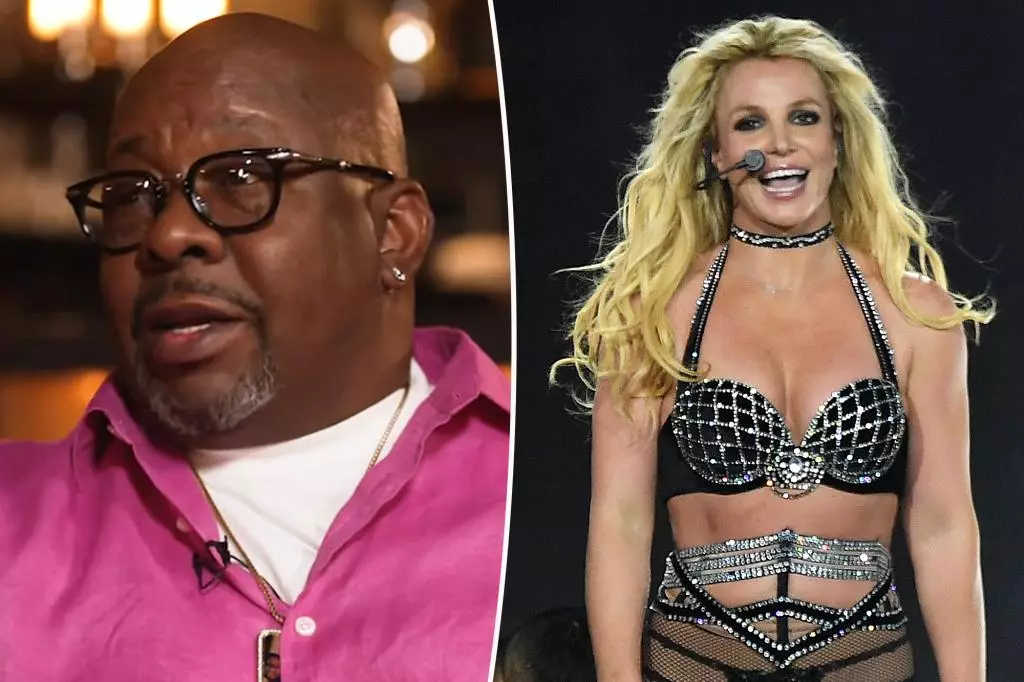The discourse surrounding music covers often stirs deep emotions, especially when the original artist weighs in. Recently, Bobby Brown didn’t hold back on his feelings regarding Britney Spears’ interpretation of his classic hit “My Prerogative.” On the podcast “Club Shay Shay,” Brown described Spears’ rendition as a “butchering.” Such strong language certainly sends a message: the artist feels a profound connection to his work, and any reinterpretation must meet his expectations. Yet, it’s essential to explore the implications of such remarks. While Brown claims Spears’ adaptation missed the mark, it seems his discontent might stem from more than just sonic differences; it could indicate an underlying fear of losing the essence of his artistic legacy.
While articulating his disappointment, Brown acknowledged that he cleared the cover “only because it was Britney Spears.” This statement hints at a complicated nature behind the artistic approval process. Was he recognizing her star power and hesitation to deny a pop icon? In this sense, his comments reveal an intriguing juxtaposition between reverence for collaboration and the desire for artistic integrity.
The Role of Legacy in Modern Covers
When artists decide to cover a notable track, they step into a complex terrain laden with expectation and historical significance. For Spears, her version of “My Prerogative” came during a tumultuous time in her life, adding layers of emotional depth to the song. Yet, Brown’s vehement critique raises questions about whether classic songs should evolve beyond their original context or remain shackled to the era from whence they came. Is it not a hallmark of great artistry to reinterpret and reinvigorate?
Furthermore, Brown’s lesson learned—”I gotta hear it [to clear it]”—speaks to the evolving music industry, where artists must be cautious of not just what is created in their name but also the cultural conversations surrounding their art. In an age where social media can amplify reactions almost instantly, his comments faced a storm, with fans defending Spears fiercely.
Fandom and the Dynamics of Public Perception
Brown’s blunt assessment invited a slew of responses online, showcasing the dichotomy in public perception. Some fans asserted that Spears’ version had given new life to the song, while others criticized Brown for appearing bitter. This reaction underscores a critical element of fandom: loyalty can lead to a strong defense of favored artists, regardless of the original creator’s sentiment. As one Twitter user pointed out, the performance may have even overshadowed Brown’s original legacy in the eyes of younger audiences who did not experience his music during its initial launch.
The reception of Brown’s critique also illustrates how the music industry has shifted; today’s audience leans heavily on producers and collaborators, with many unaware of the original artists behind iconic hits. Spears’ 2004 cover may have resonated with a generation that knows her far better than those who remember Brown as a chart-topping sensation in the late ’80s.
In this evolving narrative, it’s not just about preserving one’s legacy but adapting to the changing landscape of popular culture. Bobby Brown’s candidness reveals a passionate artist grappling with the fact that music, like all art, is a dynamic entity, subject to reinterpretation and reinvention.
